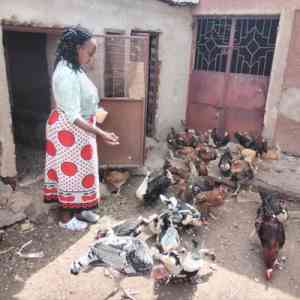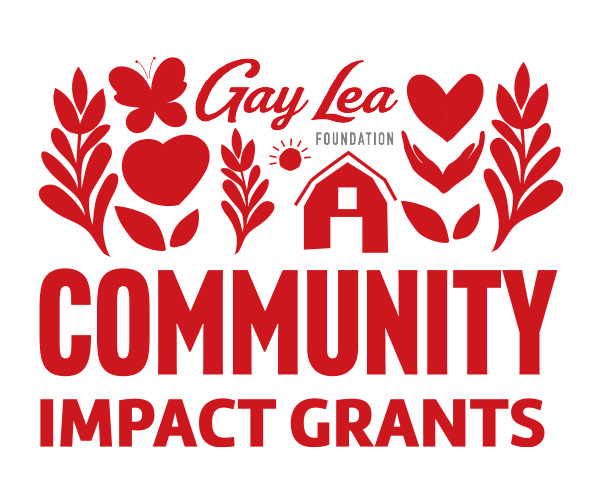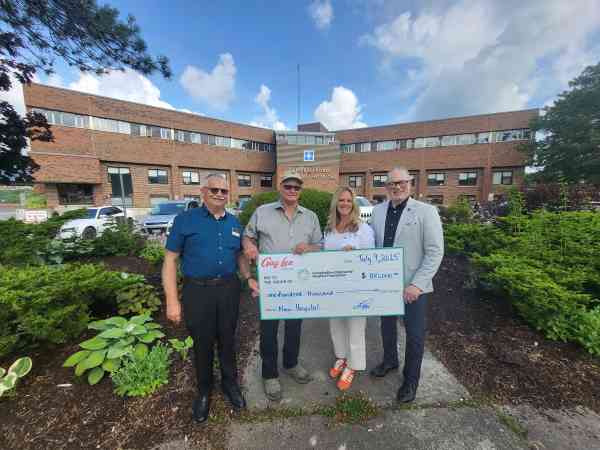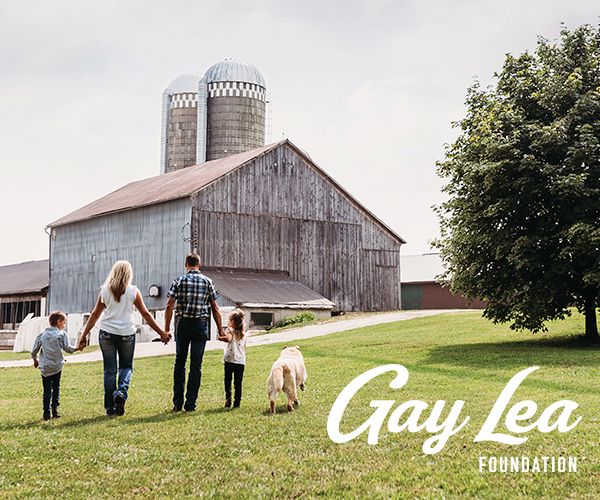Jul 26, 2022
In rural Kenya, the women of the Kamba Tribe fight daily to push back the darkness of poverty and injustice.
Although they are highly active in both formal and informal work – making up over 80% of the agricultural labour force in the tribe’s local Makueni County – ongoing issues of gender inequality mean they face disproportionate challenges in education, health, political power, workforce participation, and gender-based violence, leaving them dangerously vulnerable to poverty.
Most poor female farmers of the tribe cannot access services from the few banks that serve rural areas because they can’t meet minimum deposit requirements and won’t qualify for loan services based on their gender. Further exacerbating the situation, many of the men in the tribe are involved in nomadic farming and/or seasonal employment, leaving the women alone to care for their children for months at a time.
“The challenges that the women of the Kamba tribe face are multi-faceted, but the common denominator at the core of the economic, social, and societal issues is gender inequality,” says Philip Reilly, National Director of Development & Mobilization for Tearfund Canada, an Ontario-based charity that works with local partners in 11 countries across Africa and Asia to meet the needs of people living in extreme poverty. “There is a dire need for investment in women’s empowerment and gender equality.”
In the fall of 2020, Tearfund approached the Gay Lea Foundation to support the second year of a three-year poverty relief, education, and community building project in Makueni County called Kamba Women Going Beyond. Building on the organization’s successful 12-year history of helping women in Kenya transcend the limits of poverty and build better futures for themselves and their communities, the goals of the project in Makueni were threefold:
“Of course, we also hope that by helping the people of the tribe facilitate their own development, we ensure the knowledge remains within the local community long after the project comes to an end,” says Reilly.
With the support of a $25,000 grant from the Gay Lea Foundation and help from local partners Fadhili Trust, Kamba Women Going Beyond continued throughout 2021 and into 2022, and has seen tremendous success in Makueni County, as detailed in a report from Tearfund this July.
To-date, the project has seen:
Through partnerships with local churches and community organizations, Tearfund also reports a renewed focus on sustainable and transformative development in the impacted communities.
“Hope is a powerful weapon against vulnerability,” Reilly says. “It can fuel persistence and hard work to create a better place to live. We hope that these groups will continue to be a catalyst for personal growth, financial education, and community cohesion, while sustainably reducing poverty in the Makueni County of Kenya – and we thank the Gay Lea Foundation for coming alongside these women and empowering them to lead in the transformation of their communities.”

Susan Wambui
One Woman’s Story
Susan Wambui, 38, lives in the Kalulu village with her husband Julius and their six children. Both have been members of a local Village Savings Group since May 2020 and, as a family, own a small farm. The children sometimes help out with the farm activities, especially the chickens, as they like to run around. As a small family farm in rural Kenya, they face many challenges, including water availability, food for their livestock, and difficulty maintaining a healthy crop.
Before joining the Village Savings Group, Susan and Julius established goals they hoped would be possible through the group’s support.
“The ability to buy food and support our family is our main focus,” says Susan.
Both Susan and Julius agree that having access to an opportunity that will allow them to save money for school fees and provide basic needs is a treasure for them and their family. There is also the potential to work together in the community toward common goals.
Susan and her husband attended Conservation Agriculture training and now have incredible confidence and are happy to have learned better farming skills and how to manage savings and loans. As a family, they are working toward bigger savings with the support of the Village Savings Group in their community.
With a smile, Susan says, “we now have dreams of having a large-scale farm and employing local workers.”

Nov 3, 2025
Gay Lea Foods Co-operative Limited (“Gay Lea Foods”) today announced it has received the PRISM Certified designation from Imagine Canada, recognizing the Canadian dairy co-operative’s commitment to...

Oct 21, 2025
As co-operatives recognize Co-op Week and the United Nations’ International Year of Co-operatives, the Gay Lea Foundation is proud to announce the recipients of its fall 2025 charitable grants.

Jun 2, 2025
Spring 2025 grants announced to support health, agriculture, and community well-being projects across Canada and internationally

Feb 12, 2025
The Gay Lea Foundation today announced applications are now open for its Community Impact Grants program, supporting initiatives in education, health, wellness, poverty relief and sustainable agriculture...